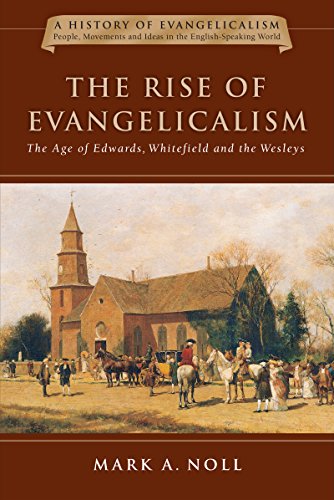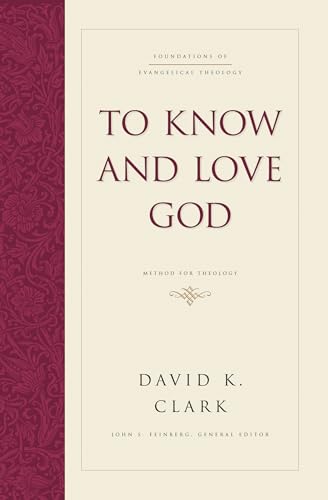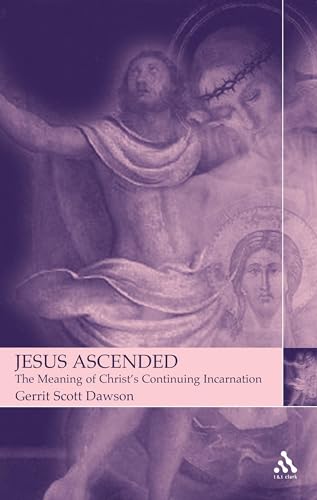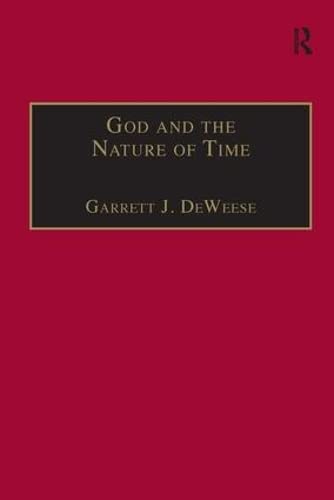THE IVP DICTIONARY OF THE NEW TESTAMENT
Written by Daniel G. Reid (Ed.) Reviewed By Preston SprinkleThis dictionary is a one-volume compilation of the popular dictionary series put out by IVP which includes: Dictionary of Jesus and the Gospels, Dictionary of Paul and His Letters, Dictionary of the Later New Testament and its Development and Dictionary of New Testament Background. The team of editors decided not to reduce the length of the articles for compilation but merely selected those that would be most vital for, say, a university level course on NT introduction. Thus, all the articles on individual books are included along with other major themes in the NT such as ‘The Holy Spirit’. ‘The Kingdom of God’ and ‘Eschatology’. As in the previous IVP dictionaries, this volume contains articles by internationally recognised scholars who are generally evangelical (depending on one’s definition) and specialists in the topics on which they have written in the Dictionary. So for instance, James Scott has written the article entitled ‘Adoption, Sonship’, a theme that he has already thoroughly examined in a previous monograph in the WUNT series. Likewise, Darrell Bock wrote the article on Luke’s Gospel, the subject of his dissertation. Therefore, the reader can be most assured that the articles are written by authors who have done much previous work in the area. Therefore, this one-volume compilation is indeed a convenient resource for both students and teachers alike.
From my sampling of the articles, I found them very readable and organised with clarity. Equally helpful are the current bibliographies at the end of each article. Another aspect of the Dictionary that may or may not be helpful is the diversity in viewpoints among the authors. It can be very beneficial if the reader looks first to see who wrote the article in order to gain a better perspective of where the author is coming from. This is especially important for readers who are not aware of the different theological viewpoints of each author. For instance, James Dunn’s article on Romans sounds different from Doug Moo and Tom Schreiner’s article on the Law, especially on the points where these topics intersect. Personally, I found the interaction rather exciting and beneficial. However, to the reader who is not aware of the different viewpoints of the authors, he or she might walk away confused. Nevertheless, this will probably only be a problem for a minority who delve into this volume.
Once again, this Dictionary is an absolute success and has given teachers and students a more convenient (and affordable!) way to have a treasure of NT scholarship close at hand. I would recommend it to any undergrad or post-graduate student in NT studies, along with teachers who are looking for a good text to assign in a class on NT introduction or theology. I personally have found it extremely helpful in filling in various gaps that exist in my own thinking by way of giving a good overview of various issues in NT studies.
Preston Sprinkle
University of Aberdeen







